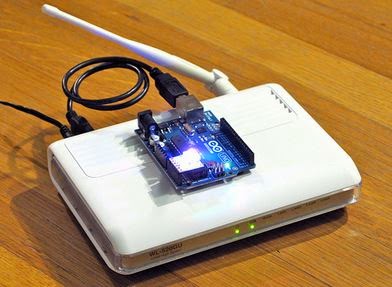Advantages
Wifi is the faster than the Bluetooth device. Wifi allows
cheaper development of local area networks. Also spacers where cables cannot be
run, such as the outdoor areas and historical buildings, can host wireless
LANs.
Manufacturers are building wireless network adapters into
most laptops. The price of chipsets for wifi continues to drop, making it an
economical networking option included in even more devices.
Different competitive brands of access points and client
network-interfaces can inter-operates at a basic level of service. Products designed
as wifi certified by the wifi alliance are backwards compatible. Unlike mobile
phone any standard wifi devices will work anywhere in world.
Wifi protected access encryption (WPA2) is considered secure,
provided a strong passphrase is used. New protocols for quality of service
(WMM) make wifi more suitable for latency-sensitive application. Power saving
mechanism extend battery life.
Limitations
Spectrum assignments and operational limitations are not
consistent world wide: Australia and Europe allow for an additional two
channels beyond the 11 permitted in the united states for the 2.4GHz band (1-3),
while japan has three more(1-14).
A wifi signal occupies five channels in the 2.4GHz band. Any two
channel numbers that differ by five or more, such as 2 and 7, do not overlap. The
oft-repeated adage that channels 1,6 and 11 are the only non-overlapping
channels is, there fore, not accurate.
Many newer consumer devices support the latest 802.11 ac
standard, which uses the 5GHz band exclusively and is capable of multi-station
WLAN throughout of at least 1 gigabit per second.
If you
have any doubt please comment here.




